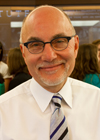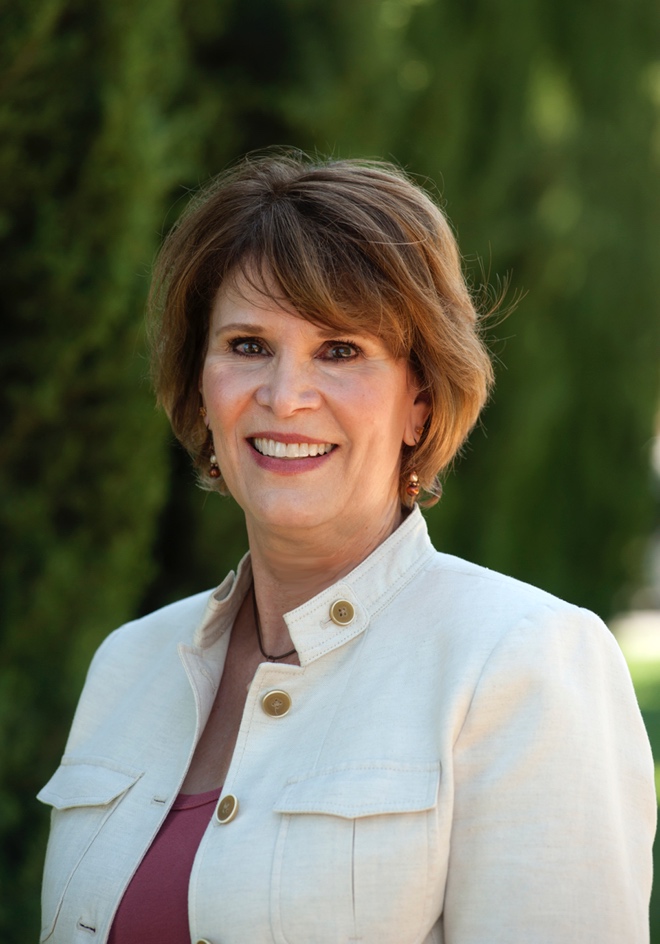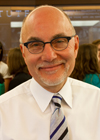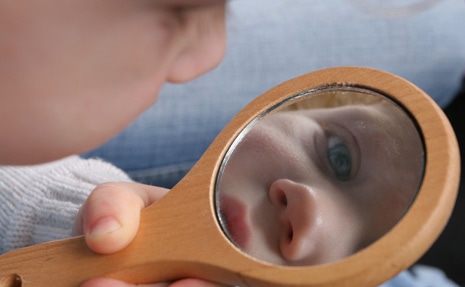One of the most heart breaking life altering events is discovering your child has been diagnosed for an incurable disease or disability. Then the fear, panic and questions set in. As a parent your world falls apart. How did this happen? What did I do wrong? What can I do now? Who do I go to for help? Will my child need a full time care taker? I will not put my child in a home! Will he/she be able to attend school? What kind of school? Will he/she be able to live an independent life? How will my child survive after I die?
Some disabilities are obvious. People can see a child in a wheel chair, spinal bifida or cerebral palsy and maybe even understand what a family is going through. But what able the invisible disabilities.
Neurodevelopment disorders like autism or ADHC. The outward signs are not obvious. We have all seen people react as if a child with these disorders is simply unruly, or the parents cannot control their child. These reactions add to the already overwhelming stress for these families.
The latest estimate of autism is affects—the updated incident report for ASD is 1:59 children in the US—is over 30% percent from the 1 in 88 rate reported in 2008, and more than double the 1 in 150 rate in 2000.
According to the parent reports, 6.4 million children (11% of this age group 4–17 years) have been diagnosed with ADHD, and rates are increasing an average of approximately 5% per year since 2003.
The numbers are staggering, but there is hope coming out of the research, testing and development at University of California Davis’ MIND Institute.
The UC Davis MIND Institute (Medical Investigation of Neurodevelopmental Disorders) is a collaborative international research center, committed to the awareness, understanding, prevention, and treatment of the challenges associated with neurodevelopmental disabilities.
In 1998, families of children with autism helped found the UC Davis MIND Institute (Medical Investigation of Neurodevelopmental Disorders). They envisioned experts from every discipline related to brain development working together toward one goal: finding and developing treatments to reduce the challenges and improve the quality of life for individuals with neurodevelopmental disabilities and their families.
On Tuesday September 3rd, I will interview three of the best minds in neurological disorder research. Join me September 3rd at 8:00 a.m. PST on https://voiceamerica.com/show/3902/life-altering-events
Dr. Leonard Abbeduto,the Director, UC Davis MIND Institute and Tsakopoulos-Vismara Endowed Chair, Department of Psychiatry and Behavioral Sciences, School of Medicine.
Dr. Julie Schweitzer Director, Attention, Impulsivity, Regulation (AIR)/ADHD Program UC Davis MIND Institute; CoCenter Mentoring Director of the MIND Institute;
Dr. Judy Van de Water, Dr. Van de Water’s laboratory pursues research programs pertaining to autoimmune and clinical immune-based disorders including the biological aspects of autism spectrum disorders. This includes understanding the role of the maternal immune system during pregnancy in healthy and altered neurodevelopment.







